.png)
IVF, or in vitro fertilisation, can be a gruelling and emotionally draining process for those who hope to become parents.
The technique, which sees an egg being removed from the ovaries and fertilised with sperm in a laboratory before being returned to the womb, can help people with fertility problems or those in the LGBTQ+ community to have a baby.
However, it involves a lengthy six-step process and has less than a 33 percent success rate for women and non-binary people with uteruses under the age of 35, according to The Human Fertilisation & Embryology Authority.
But Leah Gordon would undergo the process ‘all over again’ if it meant getting to hold her baby girl once more for the first time.
Advert
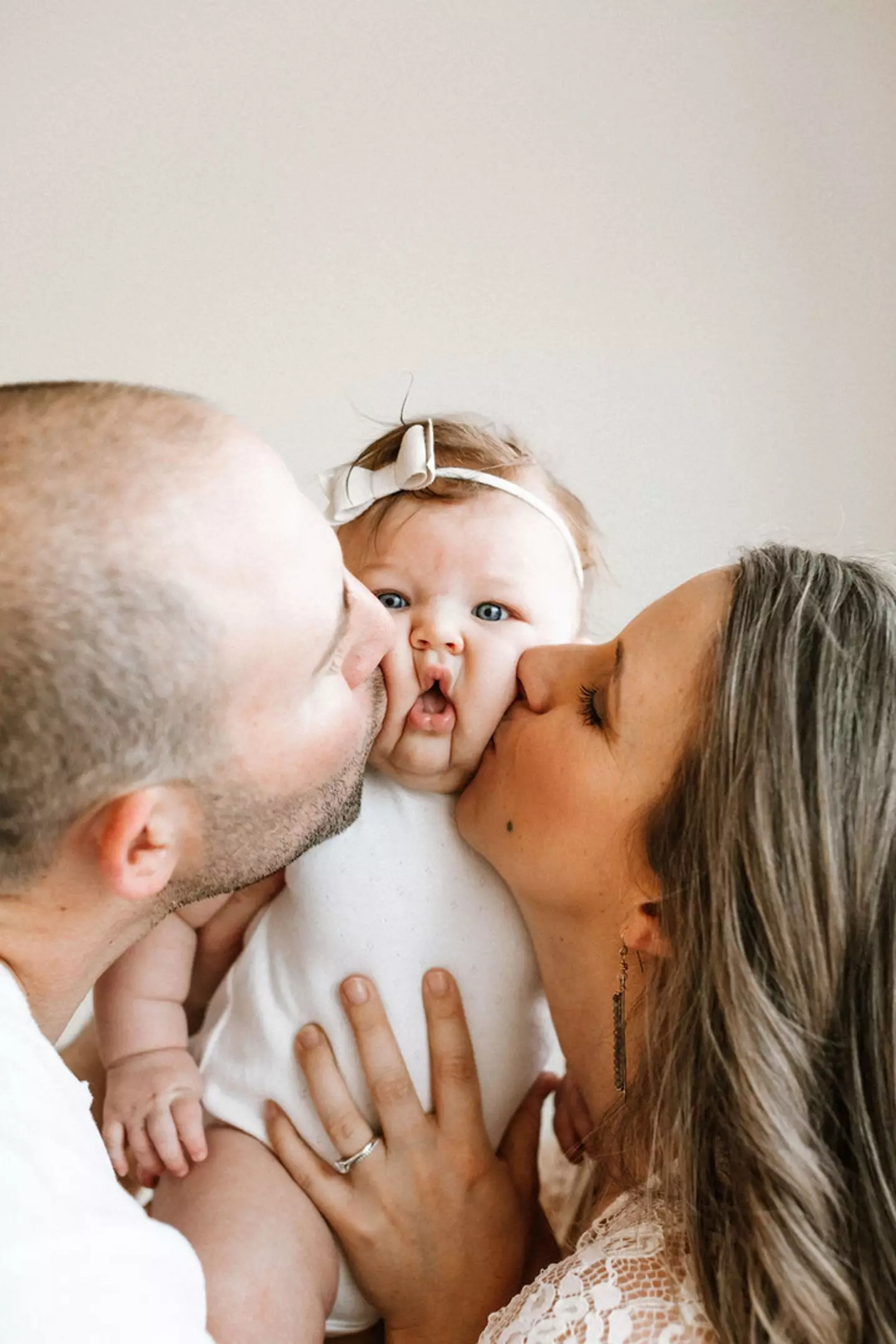
The 33-year-old told Tyla: “She’s so precious and it was such a journey for us to bring her into the world and it felt like everything was against us to bring her here.
“And even though I questioned that many times and was like, ‘is this the right thing to do’? Because ‘maybe she's not supposed to be here if it's so hard’. But when I hold her, she is like the most precious little angel.
“I would do it all over again, even more,” the San Diego, California-based doctor told us. “You know, it was one of the best feelings in my entire life.”
Leah first discovered that she and her husband Mike would run into difficulties conceiving in 2015, before they even thought about having children together.
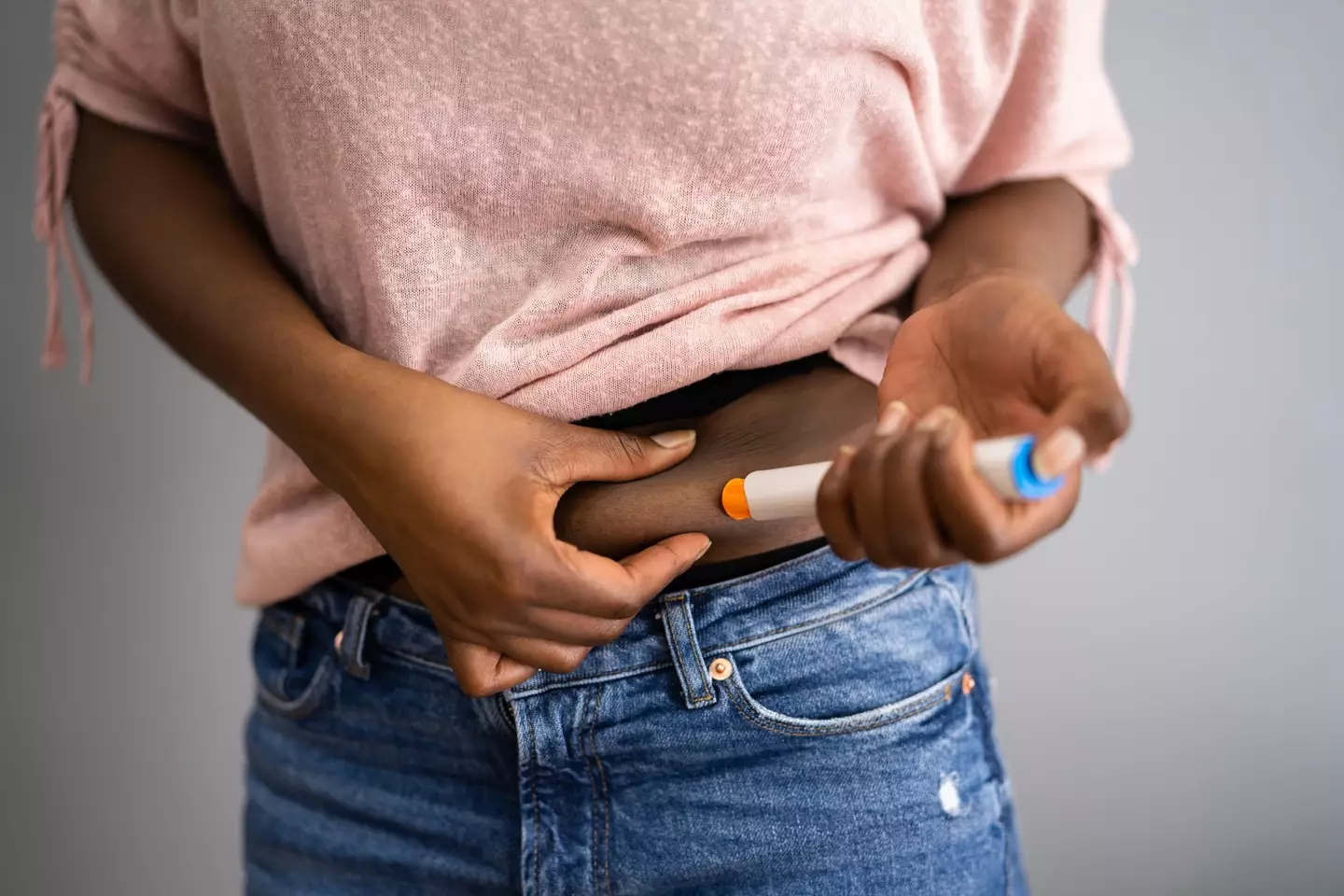
While she was enrolled in naturopathic medical school (a form of alternative medicine) at Bastyr University, San Diego, Leah was required to analyse her partner’s sperm sample. Only, he didn’t have any sperm cells.
“That day was when I discovered that he had no sperm, and it was horrible. I was making slides like everybody else and I couldn't see anything.
“He picked me up from school that day in his truck, and he was like, ‘so how's my sample?’ And I had to break the news to him, almost like I was his doctor.”
But because Leah was caught in this difficult position, she felt the need to put her own feelings on the back burner to prevent Mike from feeling guilty.
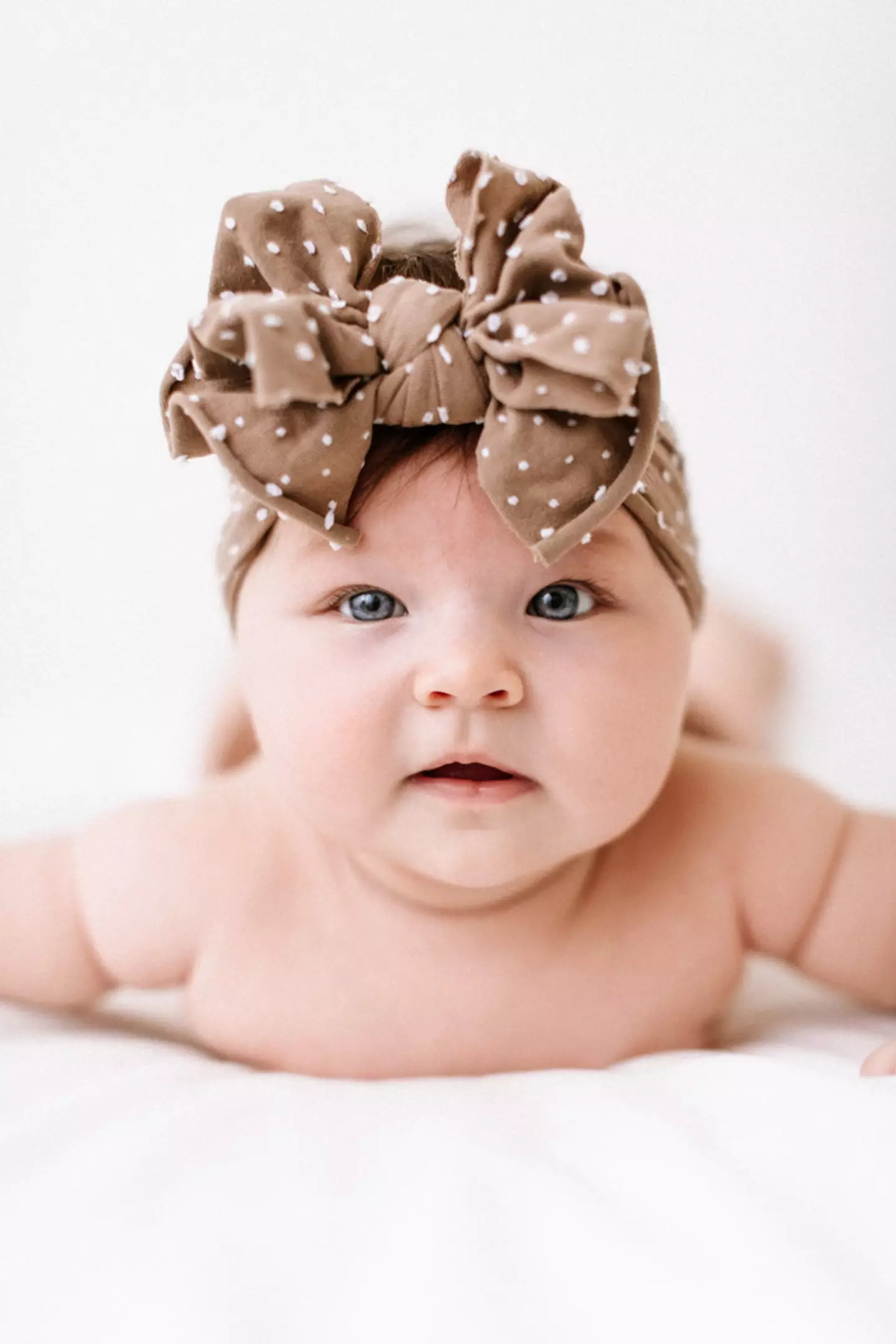
The Womanhood Wellness founder told us: “I couldn't really break down in front of him. And that was similar through a lot of our infertility journey because I didn't want him to feel bad that he had no sperm and that he couldn't make me a baby essentially.
“But that was really hard because I was also suffering and struggling with this idea that we might not be able to have children, at least, not in the way that we imagined.”
Her little girl is now more than a year old, but Leah still remembers the feelings of shame which were attached to her personal struggles with fertility.
“It took me a lot of years of therapy, a lot of crying,” the fertility consultant admitted. “I couldn’t even say… I couldn’t even have the thought that we might have to do IVF at that time.
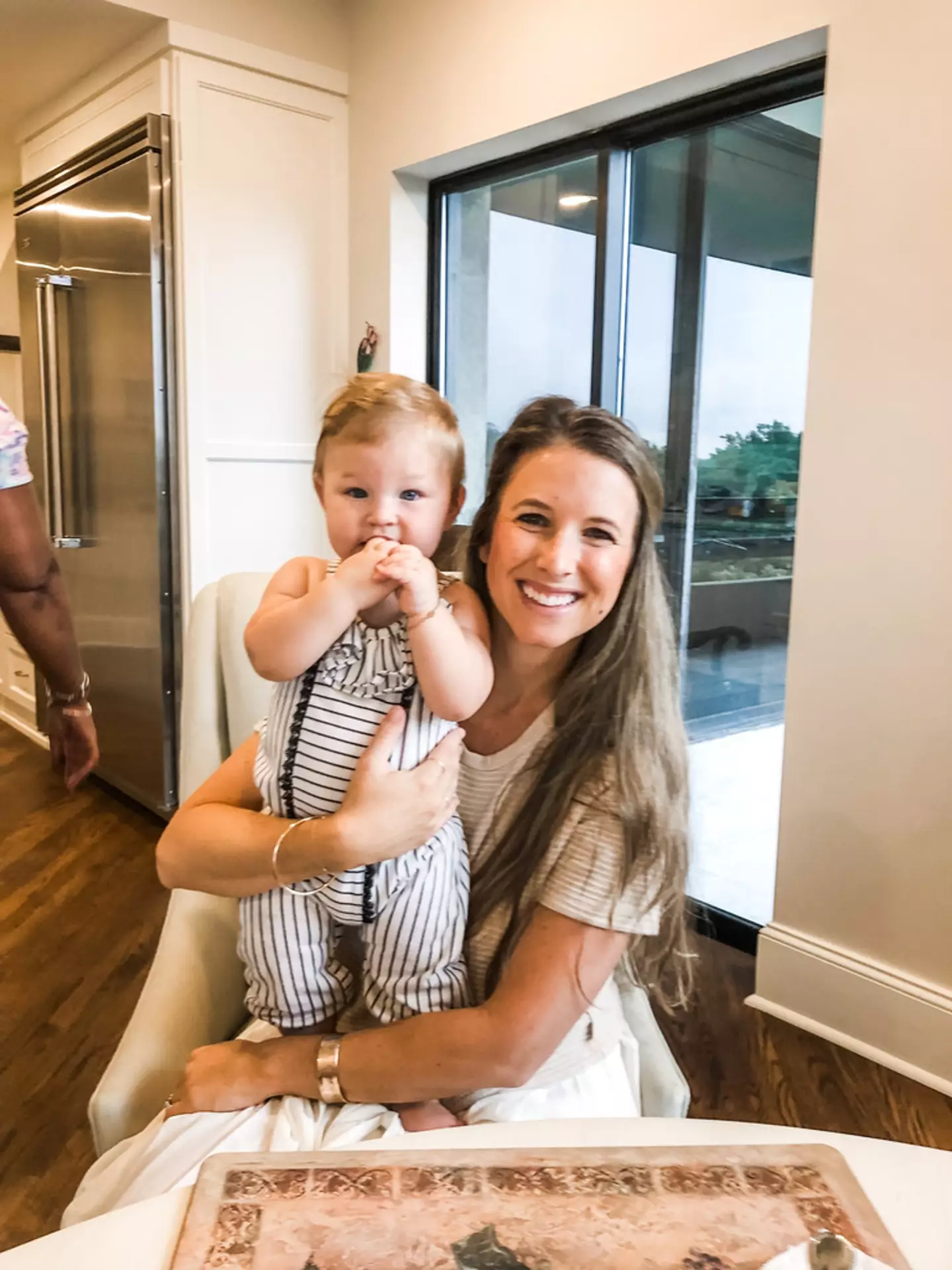
“It felt so traumatically defeating. I felt like a failure as a doctor because I couldn’t solve our case and I couldn’t get pregnant naturally.”
While these complex feelings which Leah experienced might be common when navigating infertility, it’s important to remember that struggling to get pregnant does not mean that you’re a failure.
Emma Haslam, the co-founder of impartial and independent reproductive service Your IVF abroad, told Tyla of her own infertility journey: “I felt like a failure too, or that it was somehow my fault.
“It wasn't and isn't yours either. Please remember infertility is a disease, this is not your fault and be kind to yourself just like you would if speaking to someone else struggling with infertility.”
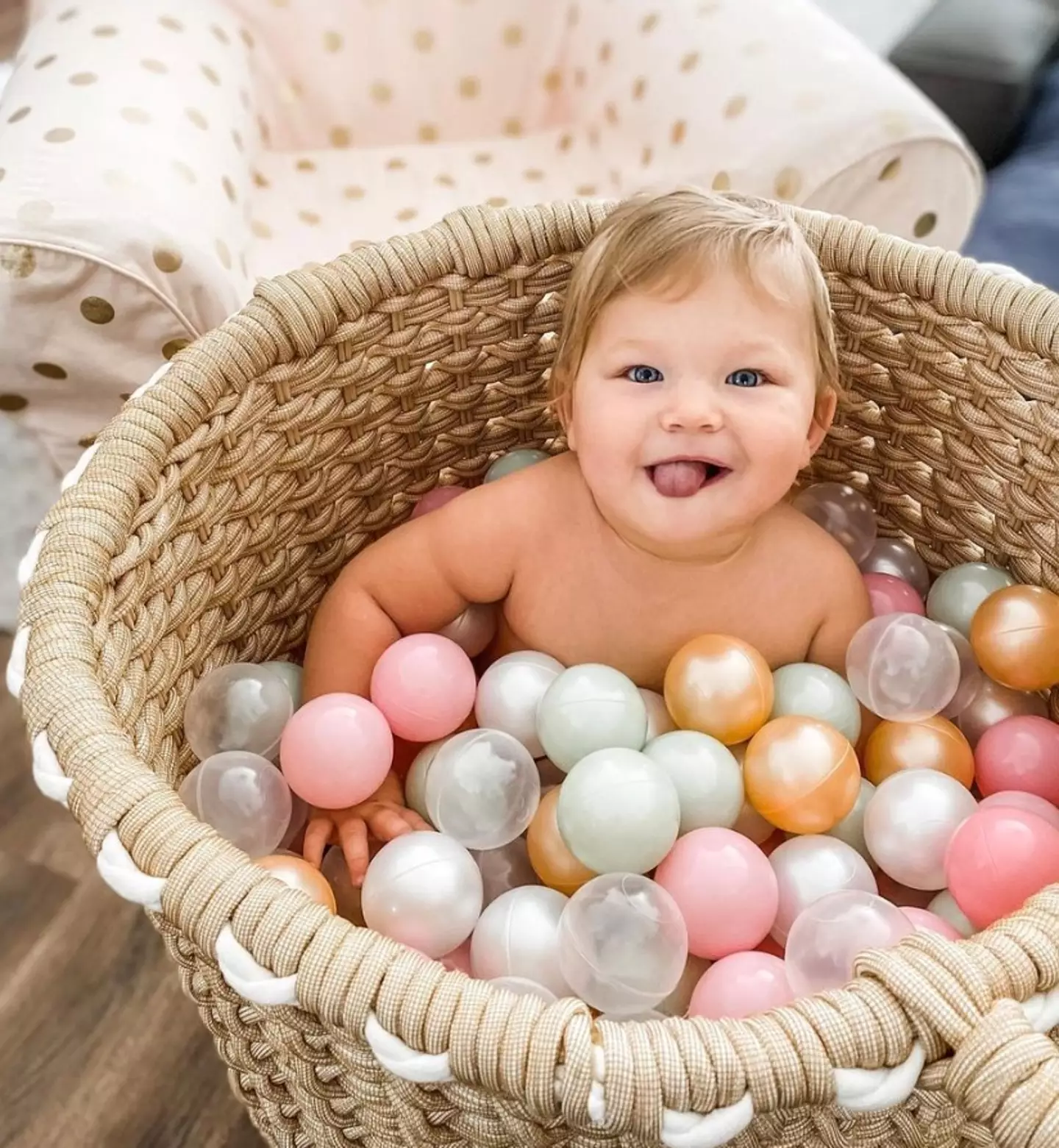
Speaking about the mental health issues which can be attributed to fertility issues, the Your IVF abroad with Emma Haslam podcast host said that the process can be an ‘isolating’ one.
Emma told us: “I believe that unless you have been through this yourself, it can be very difficult for other people to understand, which can make the journey very isolating, and it can impact your mental health.”
Leah’s partner, Mike, was eventually diagnosed with bilateral varicoceles - which is a group of enlarged veins near the testicles which can affect blood flow, as per NHS Milton Keynes' University Hospital.
“We did surgery to reverse the varicoceles, but it didn't work. It actually made it worse,” Leah said. “We detoxed him heavily and worked on all of his optimal health.”
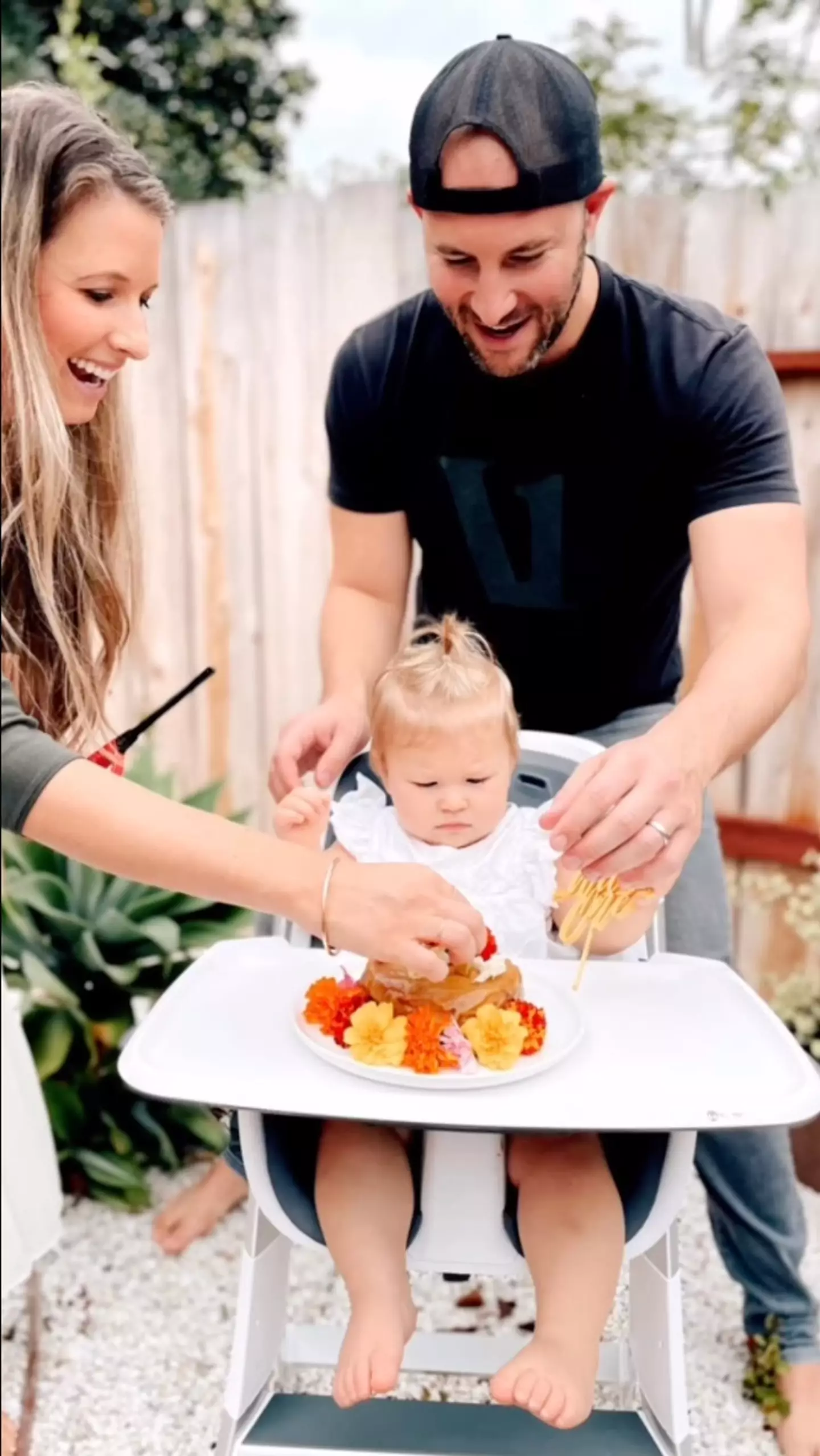
But it wasn’t until they looked into genetic testing prior to starting IVF that they found the root cause of Mike’s infertility.
Her husband was found to be a carrier of the CTFR mutation - a genetic mutation which is most commonly attributed to Cystic Fibrosis, but also caused Mike to have an ‘impacted development’ of his sperm ducts.
“Which is why he had no sperm in his ejaculate. There were a few, but they were all dead, and it wasn’t good,” Leah explained.
According to MedlinePlus, more than half of all men with this condition - called the congenital bilateral absence of the vas deferens - have mutations in the CFTR gene.
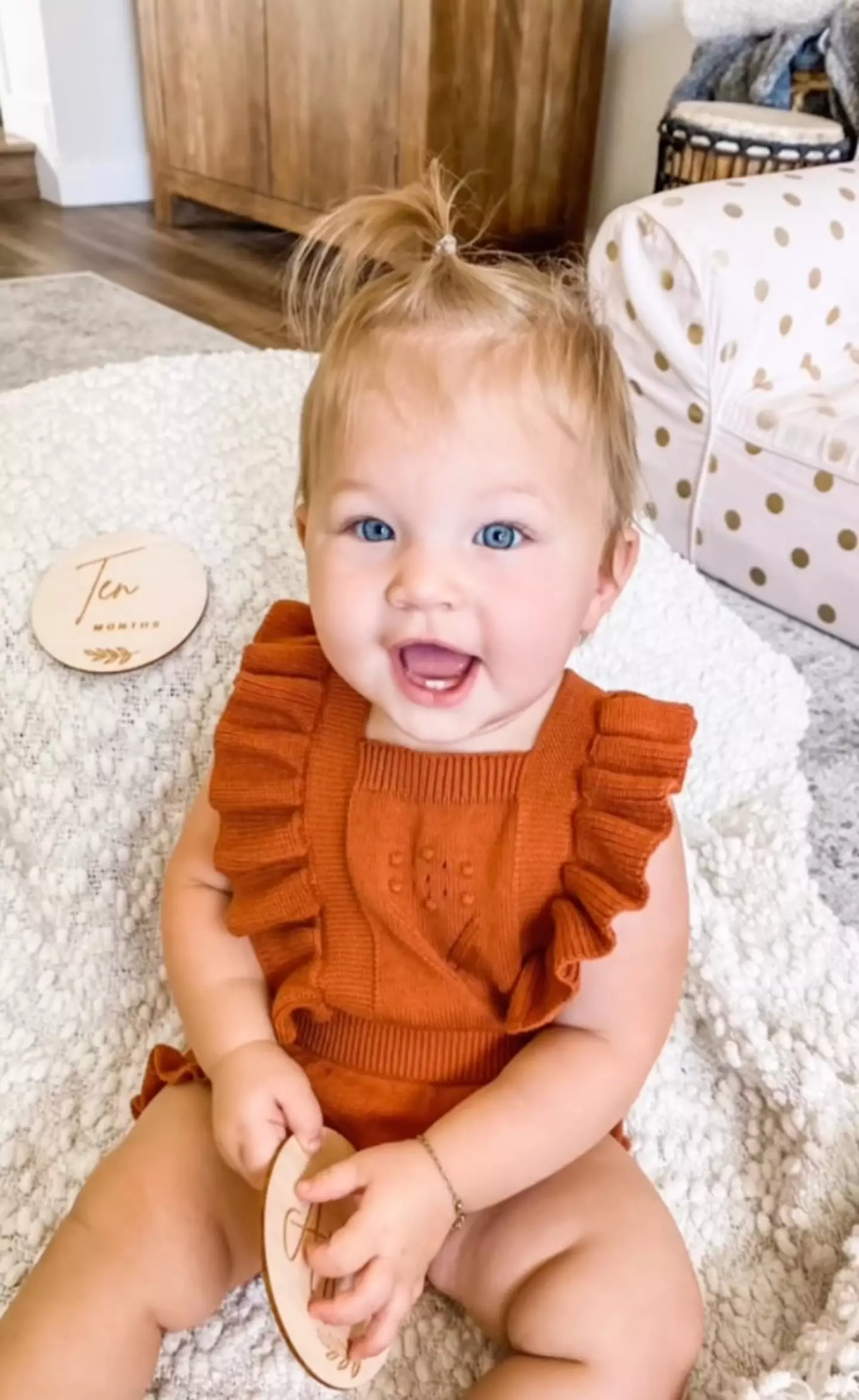
“There was really no option for us other than IVF. We were never going to have a baby naturally based on what we know now,” Leah reflected.
Six years after their initial discovery and following an intense 52-hour labour, Leah and Mike welcomed their beautiful baby girl into the world via C-section.
“I love her more than anything in the whole world,” Leah told us as she dried her eyes. “I could not imagine the world without her.
“I think the world needs her and I don't question our decision at all,” she said, confirming that their years of difficulties were all worth it in the end.
If you are worried about infertility, you can visit the NHS site for more information here. Or for free, impartial support, call Fertility Network UK on 0121 323 5025 on Mondays, Wednesdays and Fridays, or 07816 086694 on Tuesdays and Thursdays between 10am and 4pm.
